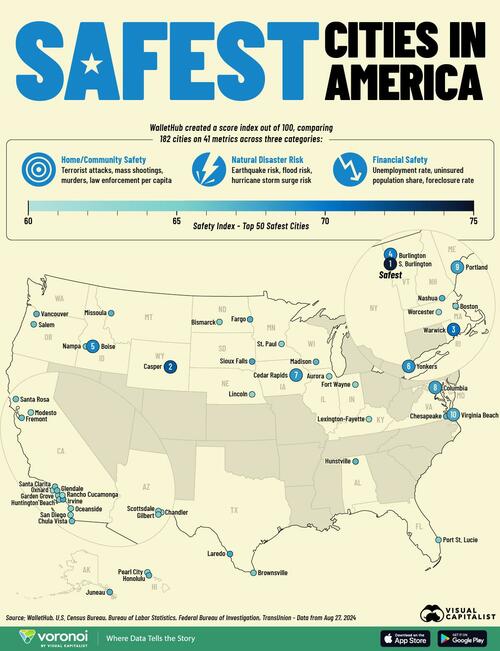
Canada’s banking regulator is requiring financial institutions to monitor and address weaknesses in their corporate culture, as well as in the character of their boards of directors and senior executives, that could allow risks and financial crimes to continue unchecked. The Office of the Superintendent of Financial Institutions (OSFI), as part of its quarterly report Thursday, unveiled new rules that say senior executives are responsible for modelling and reinforcing culture through their actions and decisions, and hold themselves and others accountable for their behaviour. The regulator added that the board is also responsible for promoting a risk culture that encourages integrity and effective risk management.
Effective corporate culture ensures that employees are able to deal with challenging issues such as compliance risks, without allowing them to “languish for extended periods of time,” said Tolga Yalkin, OSFI’s assistant superintendent of the regulatory response sector. “Cultural behaviours and norms within financial institutions are key to ensuring that some of those risks don’t come home to roost,” he said in response to a reporter’s question during a news conference Thursday. The country’s largest lenders have been under heightened scrutiny from regulators to crack down on financial crime and compliance breaches.
Last month, Toronto-Dominion Bank pleaded guilty to conspiracy to commit money laundering and agreed to pay a penalty of more than US$3-billion to U.S. regulators.
In the past year, Canada’s financial crimes watchdog levied its largest-ever fines on TD, Royal Bank of Canada and Canadian Imperial Bank of Commerce for gaps in their reporting processes. The U.S.
Federal Reserve Board, as part of the investigation by that country’s regulators and Department of Justice (DOJ), has required TD to conduct an independent review of the bank’s board of directors and management. The Financial Crimes Enforcement Network, the U.S.
’s financial crimes agency, said last month that it believes that, while some of the failings may not have been escalated to the board of TD’s U.S. bank, the directors were made aware of money-laundering issues over the course of a decade .
The DOJ revealed in a news conference last month detailing the charges against TD that the scope of the employees who knew about and had flagged the anti-money laundering failures was much wider, according to internal messages that suggest the problems at the bank were well-known to employees. Mr. Yalkin said Thursday that he could not discuss specific financial institutions or respond to questions about the effectiveness of bank boards in addressing risks.
When OSFI initially revealed its plans to regulate culture and character earlier this year , the regulator said that it would require banks to comply with formal guidelines specific to the issue. Since then, the regulator has received feedback from financial institutions that the draft guidelines were “too prescriptive,” Mr. Yalkin said.
Instead, as part of its quarterly report, OSFI opted to release high level, temporary expectations on the matter. Next year, the regulator expects to release broad risk management and accountability regulations, which will include formal rules on culture and character. In its report, the regulator released several new rules to address a variety of risks, including commercial real estate and mortgage lending, in response to a market that has struggled under the pressure of higher inflation and interest rates, as well as waning demand for office space, causing defaults in bank loan books to edge higher.
Banks have used a tool known as forbearance – also referred to as “extend and pretend” – to modify a loan to help borrowers stay afloat when experiencing financial difficulty. This includes measures such as reducing the interest rate or payment amounts and lengthening the amortization period. While OSFI believes forbearance helps borrowers manage through tough times, it says banks should not allow these instances to delay action that recognizes or removes the additional credit risk.
(If a loan becomes too risky, a bank could end the relationship with the customer.) The regulator accordingly introduced new rules requiring banks to consider the credit risk associated with carrying or modifying the loan. “We noticed gaps in identifying and monitoring borrower stress when granting forbearance,” Mr.
Yalkin said in response to a reporter’s question. “There can be a delay in the appropriate action that should otherwise be taken and, as a consequence, an increase in the potential for higher than necessary losses.” OSFI also formally introduced long-awaited changes that relax mortgage stress test rules .
The regulator will no longer require federally regulated banks to apply the test on borrowers who switch lenders when renewing their mortgage. The new rule applies only to borrowers switching from one federally regulated bank to another..













